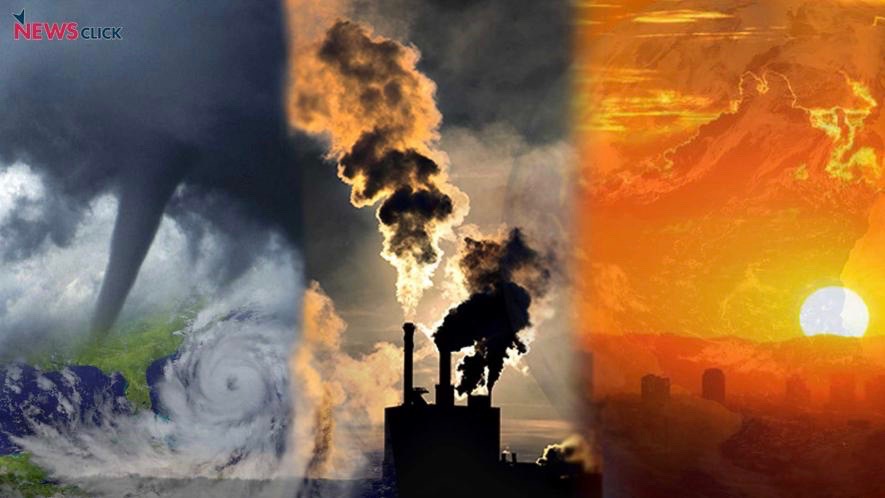The United Kingdom’s Meteorological (Met) Office has estimated that northwest India and Pakistan are 100 times more likely to experience extreme heat waves due to climate change. In an attribution study, the Met Office calculated these region’s chances of experiencing the kind of record-breaking temperatures seen in April and May of 2010, which was the highest combined average temperature for these months since 1900.
The attribution study produced a worrisome result that northwest India and Pakistan are most likely to experience extreme temperatures every 3.1 years, attributable to climate change. Considering the climate change projections, the study predicts that these regions have a high chance of extreme heat once every 1.15 years towards the end of this century.
An attribution study in the field of climate study attempts to determine the severity or likelihood of an event happening today compared to how it would have been in a world that is not warmed due to human activities. Such studies are done with the help of computer simulations in two situations. In one scenario, the climate is modeled as it is today. In the other, it removes the human influences on climate, such as greenhouse gases and other drivers of warming and climate change.
The UK Met Office study also says that India’s and Pakistan’s likelihood of having extreme heat waves would be once every 312 years without climate change. It shows how faster the extreme events are occurring due to climate change. The forecast says that northwest India could see new highs in temperature in the coming time period.
Professor Peter Stott, a Met Office Science Fellow in Climate Attribution, commenting on the findings, said, “With temperatures exceeding 50.0°C in recent days, the current heat wave is an extreme weather event affecting communities and livelihoods.”
The study predicted a new record to be set in these regions. However, the scientists will have to wait till the end of this month as all the temperature records for April and May will be collated. It is only then that they can be certain if the temperatures have exceeded the levels seen in 2010.
Dr Nikos Christidis, who produced the Met Office attribution study, commented, “Spells of heat have always been a feature of the region’s pre-monsoon climate during April and May. However, our study shows that climate change is driving the heat intensity of these spells making record-breaking temperatures 100 times more likely. By the end of the century, increasing climate change is likely to drive temperatures of these values on average every year.”
Notably, the temperature reached as high as 51 degrees Celsius in Pakistan last Sunday. The extreme heat also brings in a high chance of wildfires, thus further degrading the air quality.
Similarly, in Delhi, the temperature went up to just below the 50-degree mark and stayed at 49 degrees Celsius. Certain areas of Delhi like Najafgarh recorded over 49 degrees in the last weekend.





